The Liberal government will have to break through bureaucratic barriers and think outside the box to come up with a plan to bring Yazidi genocide survivors to Canada, says an opposition member of Parliament.
Three weeks after the House of Commons unanimously adopted a motion to provide assistance and offer asylum to survivors of the genocide perpetrated by ISIS against the Yazidi religious minority in northern Iraq and Syria, Conservative MP Michelle Rempel says she is still waiting to see a workable plan to bring them to Canada.
The Yazidis are a Kurdish-speaking religious minority spread across northern Iraq and Syria, southeastern Turkey and Armenia. Their religion, which combines elements of Zoroastrian, Christian and Muslim beliefs, has made them targets of religious discrimination and persecution for centuries.
Denounced as infidels and devil-worshippers, the Yazidis in northern Iraq have been targeted by ISIS militants over the last two years. Thousands of Yazidi men were killed, while thousands of women and girls were carried off, bought and sold in slave markets, forced into sexual slavery, when ISIS forces overran their ancient homeland in the Sinjar province in northern Iraq in 2014.
The international community and Canada have to prioritize helping these refugees, said Rempel, who is the Conservative critic on citizenship and immigration matters.
“We shouldn’t be, you know, just waiting for the bureaucracy to take years to figure out how to help them, we need to act now,” Rempel said. “The reality is the government will have to work around bureaucratic inertia to make this happen, because the UN is not in a position – they’ve made that quite clear – that they’re not in the position to be able to accelerate some of these applications.”
(click to listen to the full interview with Michelle Rempel)
Listen‘A delicate issue’
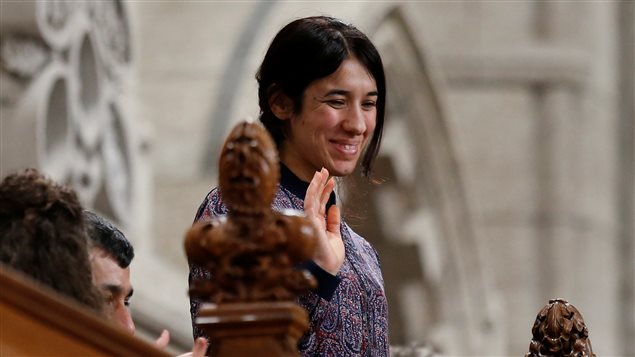
When on Oct. 25, MPs from all four parties presented in the House of Commons voted 313-0 to carry the motion brought in by the Conservative Party and co-sponsored by Rempel, they gave themselves until the end of the year to try to bring in as many vulnerable Yazidi refugees as possible, especially, women and girls.
Speaking after the vote, Immigration, Refugees and Citizenship Minister John McCallum would not commit to a target number of Yazidis to be brought to Canada.
The Conservatives want to bring in at least 1,000 Yazidi refugees.
But finding these refugees scattered across refugee camps in the region is proving a challenge for Canadian immigration officials.
“It’s a delicate issue,” Rempel said.
Federal officials primarily depend on referrals by the United Nations refugee agency, the UNHCR , to find and select refugees for resettlement in Canada.
The problem is Canadian officials haven’t been getting many referrals from the UNHCR, Rempel said.
“During parliamentary committee hearings we heard a wide variety of explanations to why that might be, including accusations of potential discrimination against Yazidis by UN refugee workers,” Rempel said.
Troubling reports
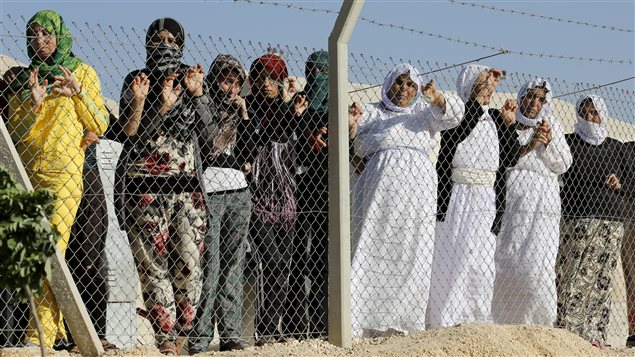
There are reports that Yazidis in refugee camps and in camps for the internally displaced people (IDP) are facing the same kind of discrimination and threats as outside the camps, she said.
“We saw evidence of this, very graphic, disturbing evidence of this first hand during the parliamentary committee this summer,” said Rempel.
Not only are the Yazidis being hunted down by religious extremists in the region but when they arrive in refugee camps they don’t feel safe there, Rempel said.
“First of all, they are being persecuted by the religious majority and therefore it’s difficult for them to acclimatize to life there,” Rempel said. “Even if there is subsistence living there that could be available to them, they often can’t find work or can’t sell things.”
Then there is the issue of outright physical threats.
“I saw with my own eyes very graphic pictures of Yazidis who have been beaten in refugee camps,” Rempel said.
‘Extra duty of care’
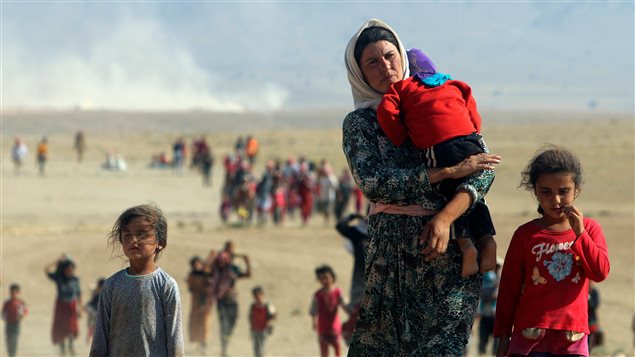
An even more sensitive issue is the fate of women and girls who have escaped sexual slavery at the hands of ISIS, Rempel said.
“These women have been through… hell and back is not adequate to describe the torture that these women have gone through,” Rempel said. “So not only are they facing the challenges and the mental and physical anguish that any refugee would face but they also have that extra level of mental health needs, physical needs that just can’t be met in some of these camps.”
It’s time to stop relying exclusively on the UN and start working with NGOs on the ground to identify and refer potential refugees for resettlement in Canada, Rempel said.
“There is a lot of challenges but I don’t think they’re insurmountable because countries like Germany have in fact done this already,” said Rempel.
Canada and the international community have an extra duty of care towards Yazidi genocide victims in terms of refugee resettlement, aid and protection, she said.
“Anybody who reads what these people have gone through, and specifically what these women have gone through, if you can’t be moved by the humanity of the situation and the gravity of the fact that these people are being systematically exterminated off the face of the Earth, then we have a problem as the international community,” Rempel said.
Another sensitive issue for the Liberal government is its reluctance to prioritize the processing of refugees based on religion, Remple said.
“Yes, everybody is need in that region, everybody has been affected,” she said. “However, you can’t ignore the fact that for these people, for victims of genocide that’s an extra level of persecution.”
Safe havens
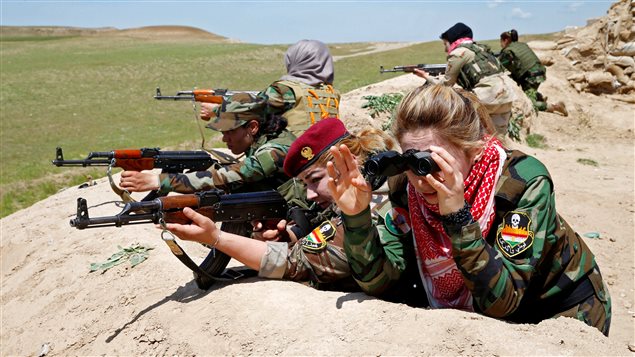
Another crucial issue is the creation of safe havens for the majority of Yazidis and other religious and ethnic minorities who want to remain in their ancient ancestral homeland in the Middle East, Rempel said.
“In order for them to preserve their culture and their heritage in their indigenous homeland the international community needs to step up and protect that with force,” Rempel said. “That’s the reality. Nobody wants to talk about it but if we want to commit to the people being able to stay in their indigenous land, that’s what it’s going to take.”
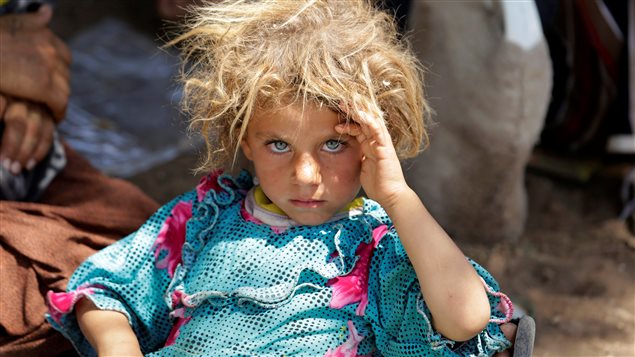






For reasons beyond our control, and for an undetermined period of time, our comment section is now closed. However, our social networks remain open to your contributions.